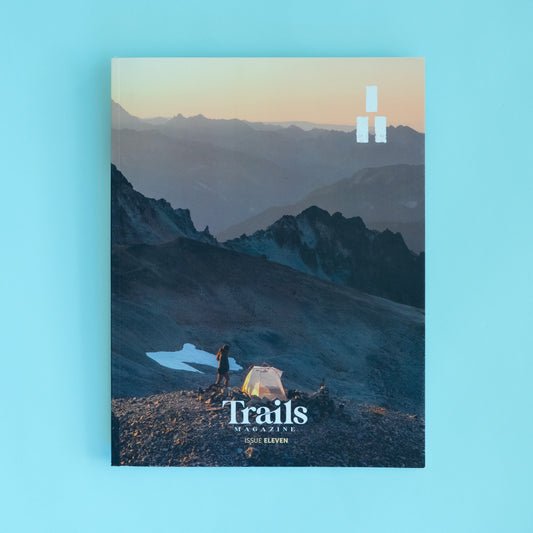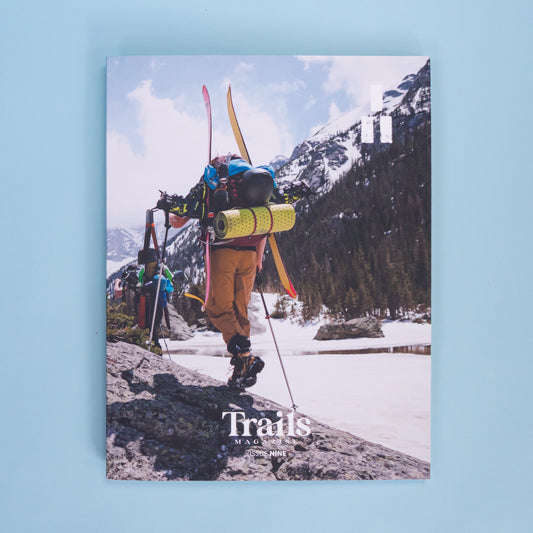
Opinion: Volunteers can’t save the parks. But they need to try.
We’re now nearly a month into the longest government shutdown in U.S. history, and our public lands are paying the price. More than half of the National Park Service’s employees are furloughed, park facilities and visitor centers remain shuttered, and the parks are losing over $1 million in revenue each day, battering the gateway communities that depend on them.
Americans have stepped up in remarkable ways to defend our public lands: organizing peaceful protests, flooding politicians’ inboxes, and volunteering their time, resources, and muscle to fill the gaps left by furloughed park staff. Yet that last effort, while well-intentioned, is the kind of work many park employees say they would rather the public not undertake.
Resistance Rangers, an online coalition of anonymous, furloughed, and retired park rangers and staff, have advised against volunteering in park cleanups. They argue it gives the Trump administration a convenient excuse to claim our parks don’t need paid staff. In other words, helping out could actually hurt the parks in the long run. But to be honest, I’m perplexed by this line of reasoning.
During the 2018 government shutdown, national parks were in the headlines for visitors running amok, leaving a path of garbage and destruction in their wake. Joshua Tree was among the hardest hit. In response, locals and park lovers, including myself, gathered by the hundreds at the park gates to pick up trash and clean bathrooms. The energy at these events was palpable and contagious; a feeling of powerlessness was replaced by a sense that we could make a difference. It showed that a community united by care and collective determination could move mountains, even as the suits in Washington squabbled.
In a functional democracy, withholding volunteer help might send a message. After all, if the goal is to “let the parks collapse so they see the consequences,” you’re assuming a baseline of good faith—that politicians would be horrified by the sight of overflowing dumpsters and closed gates. The problem is, they’re not horrified; they’re opportunistic. They’ll find a way to fit the state of the parks into their narrative either way. Clean the parks then they’ll question the usefulness of parks staff and funding. Don’t clean them and the easier it is to dismiss them as broken systems better managed by the state or in private hands. Either way, it’s a lose-lose to frame it as an either/or moral test instead of a symptom of deliberate neglect and sabotage. And personally, I don’t jive with the image of a coyote choking to death on a plastic soda bottle just to make a statement to a government that’s not even pretending to listen. Withholding help doesn’t send a message to those in power; it just further punishes the land that’s been left behind.
— Ash Czarnota








2 comments
That is such a conundrum … I can’t decide how I feel. While, personally, I don’t trust the current administration to not use volunteerism to its advantage, I don’t want our public lands spoiled. The previous comment is probably correct. Volunteer when you can help keep things safe, but not to fill in the gap. If we would all practice LNT, it would help.
It’s not the popular opinion, my disagreement comes from my experience. As someone whose volunteered on trails for over 20 years, balancing community, environment and financial resources is usually addressed situationally. Filling in as a volunteer when jobs were cut may seem to be a stopgap, but it creates more damage:
1) There are likely fewer safety protocols supported by the parks in place any longer as a result of the aforementioned shortages. Insurance companies providing coverage to organized groups may pull their support in this situation, as well.
2) While volunteering can also come from experienced people, preventing tasks from overlapping with labor is essential to prevent conflicts of interests/agreements with labor unions, that even in the best of days, allows any level of contribution. Cleaning up trash is not necessarily contention, but using power tools is best done with full support, training, and safety protocol. Avoid undercutting the value of their labor, which is needed long-term.
3) Volunteers often contribute on a whim when they have the time and it feels good, but there is a limit to everything. But sometimes, we may need to think about whether this contribution offsets an equity boundary, and in situations where communities depend on it as a solution, is it sustainable? Is it fair to ask someone to do any kind of “work” for free? Once labor is needed; it is not voluntary but unpaid labor and it comes at a cost somewhere else.
It is for these reasons that I would stick to continuing only the minimum contribution as safety resources allowed, and instead invest additional effort in getting the park rangers and other safety staff back in action. Use your everyday LNT practices instead, sharing that information with others and support your rangers.